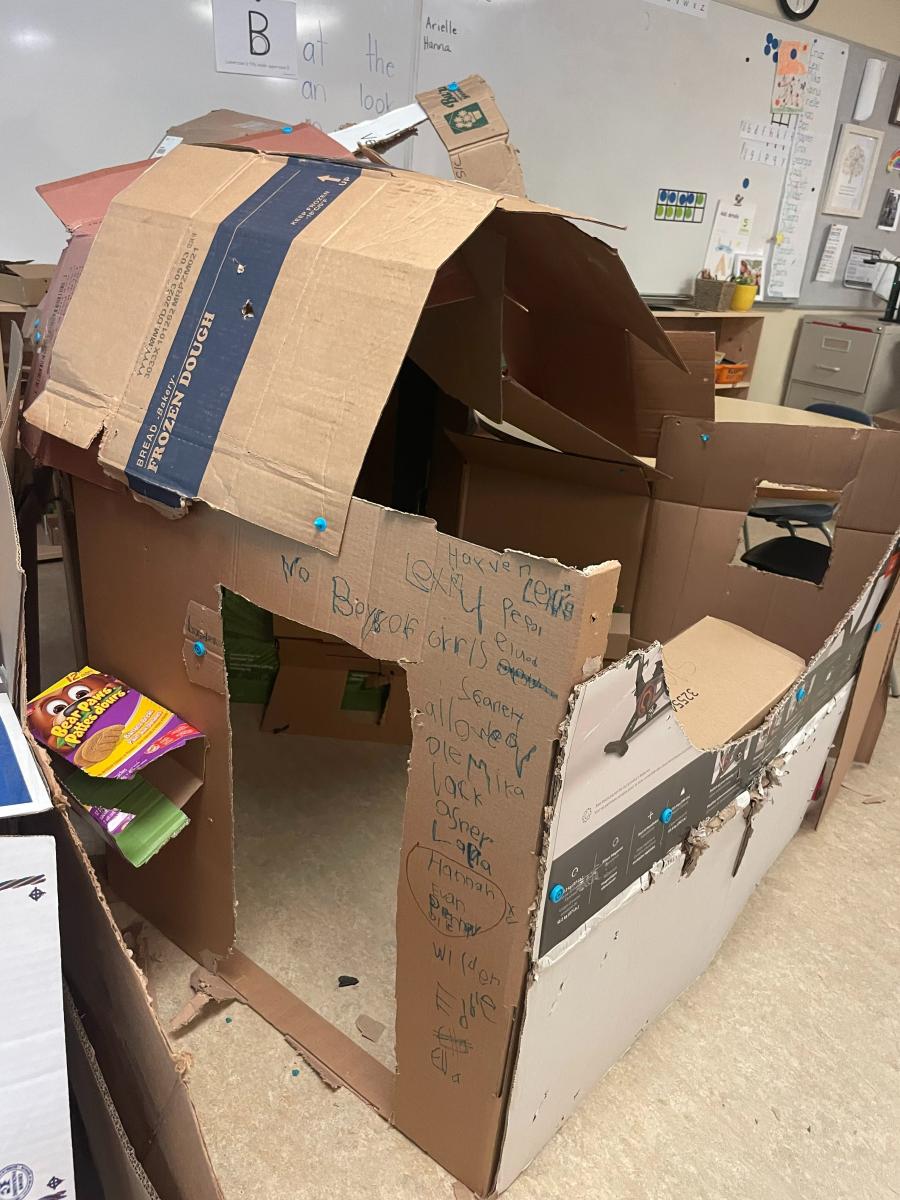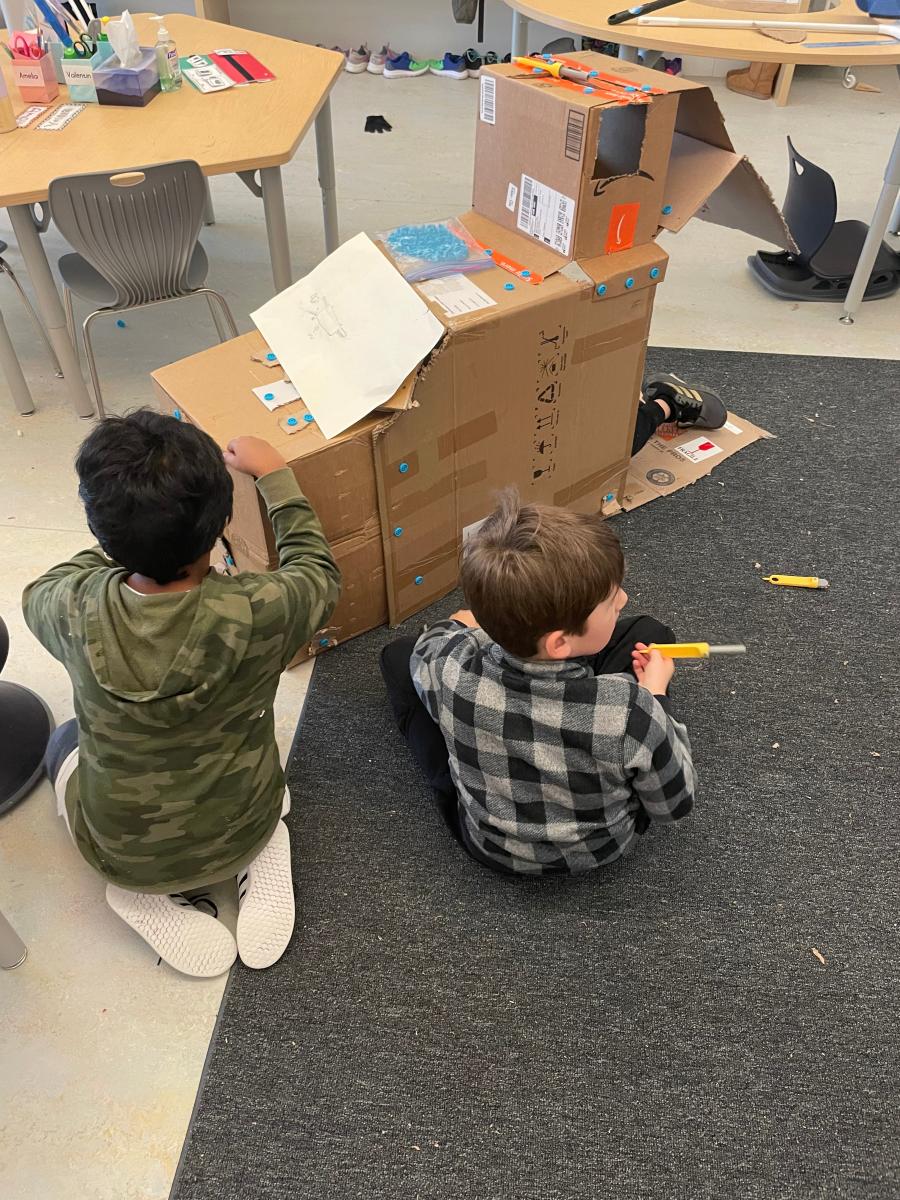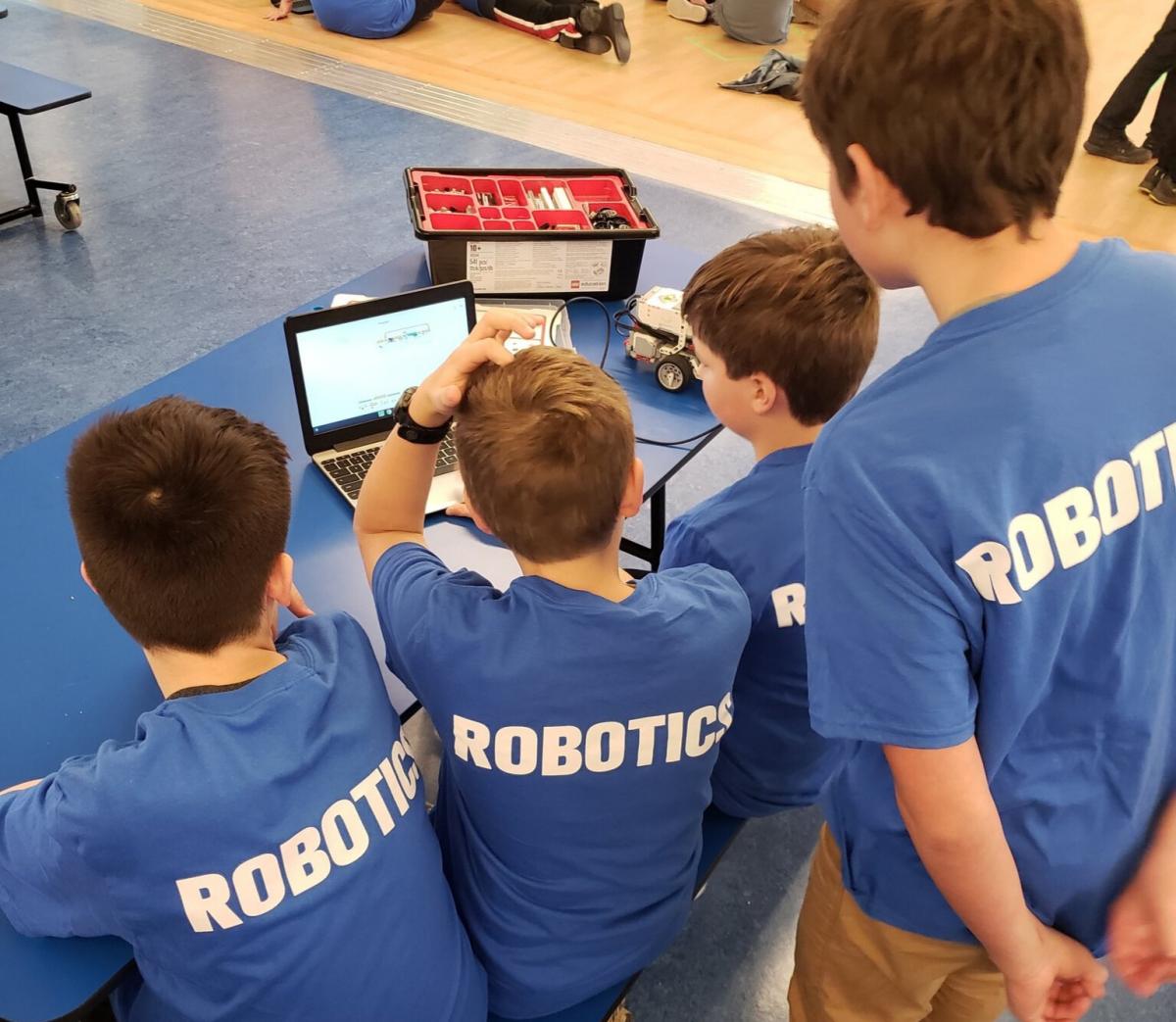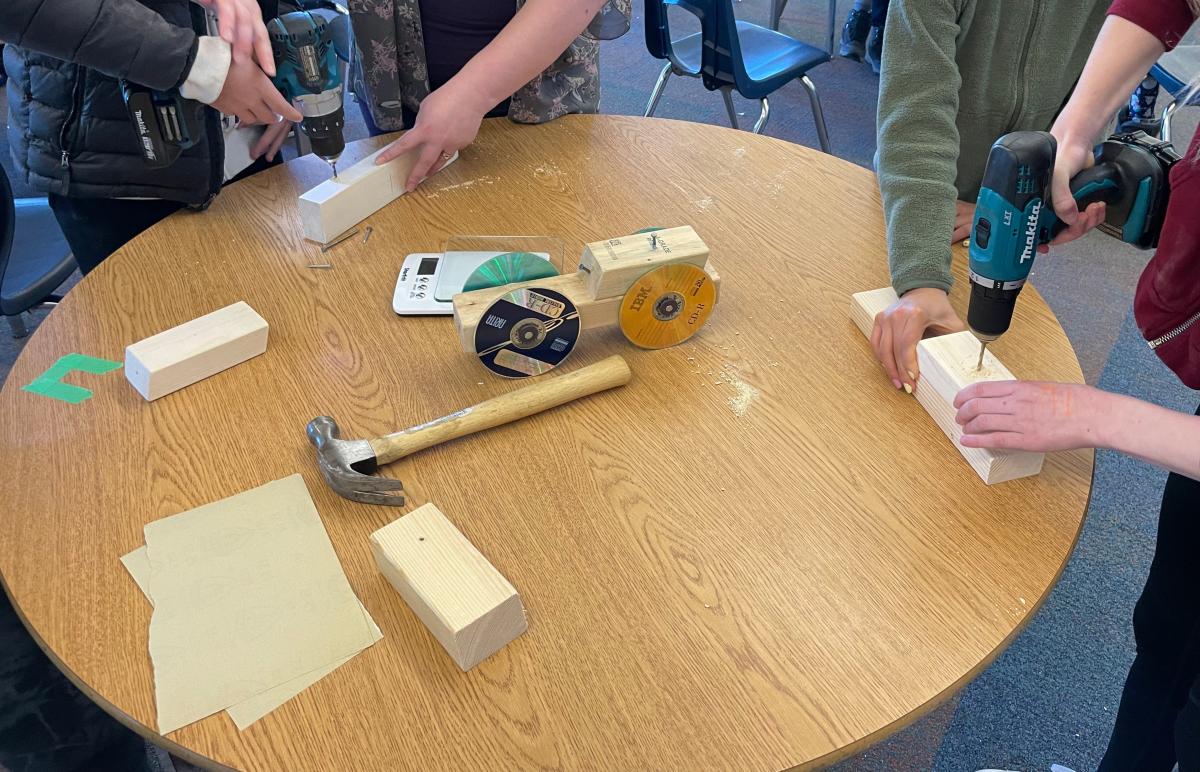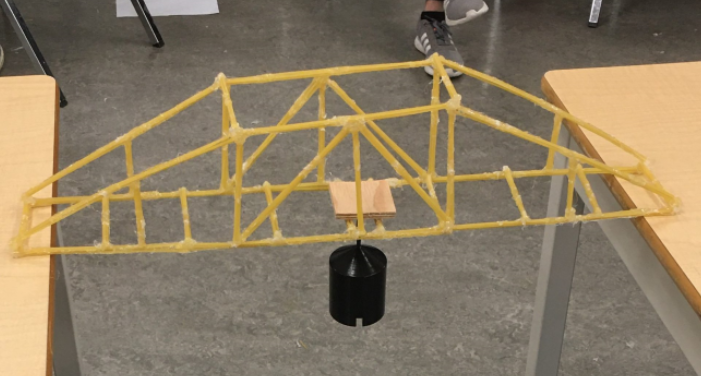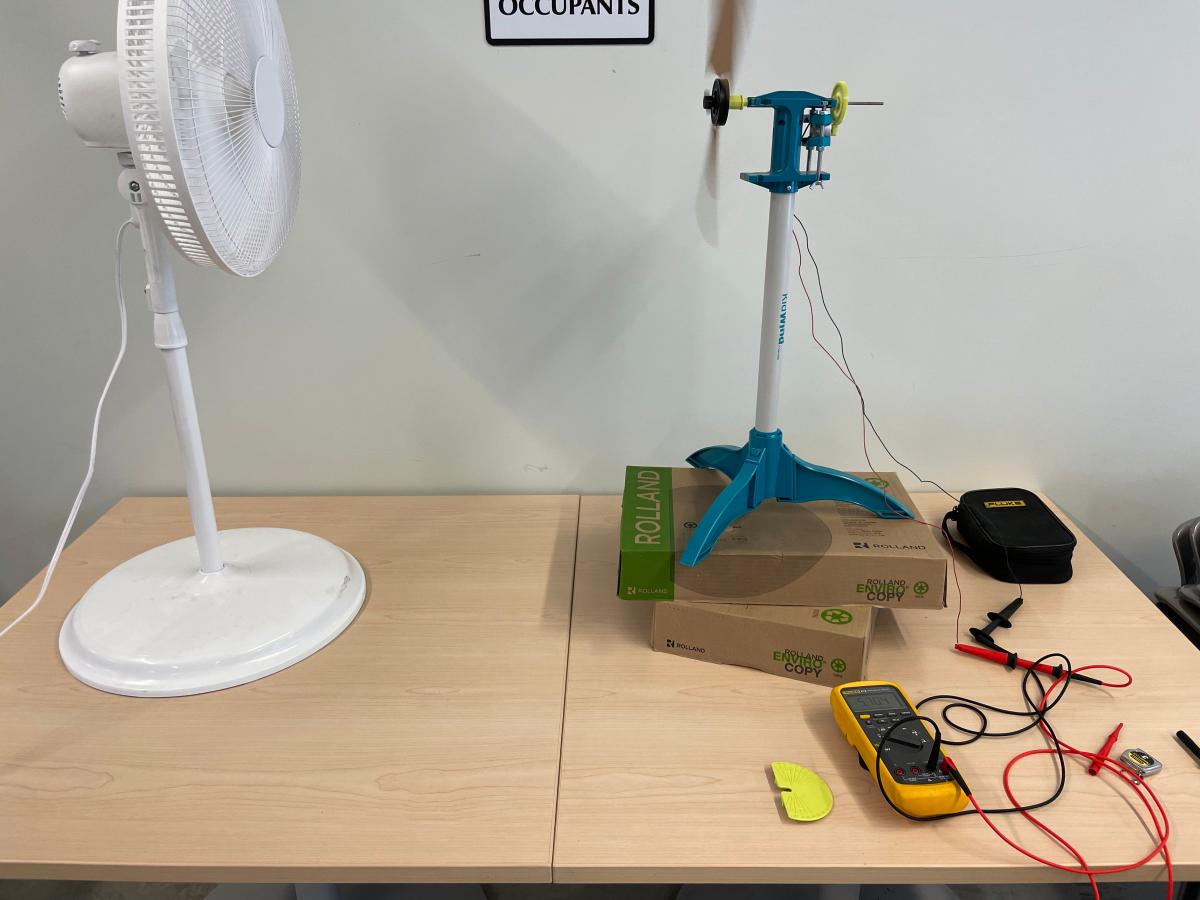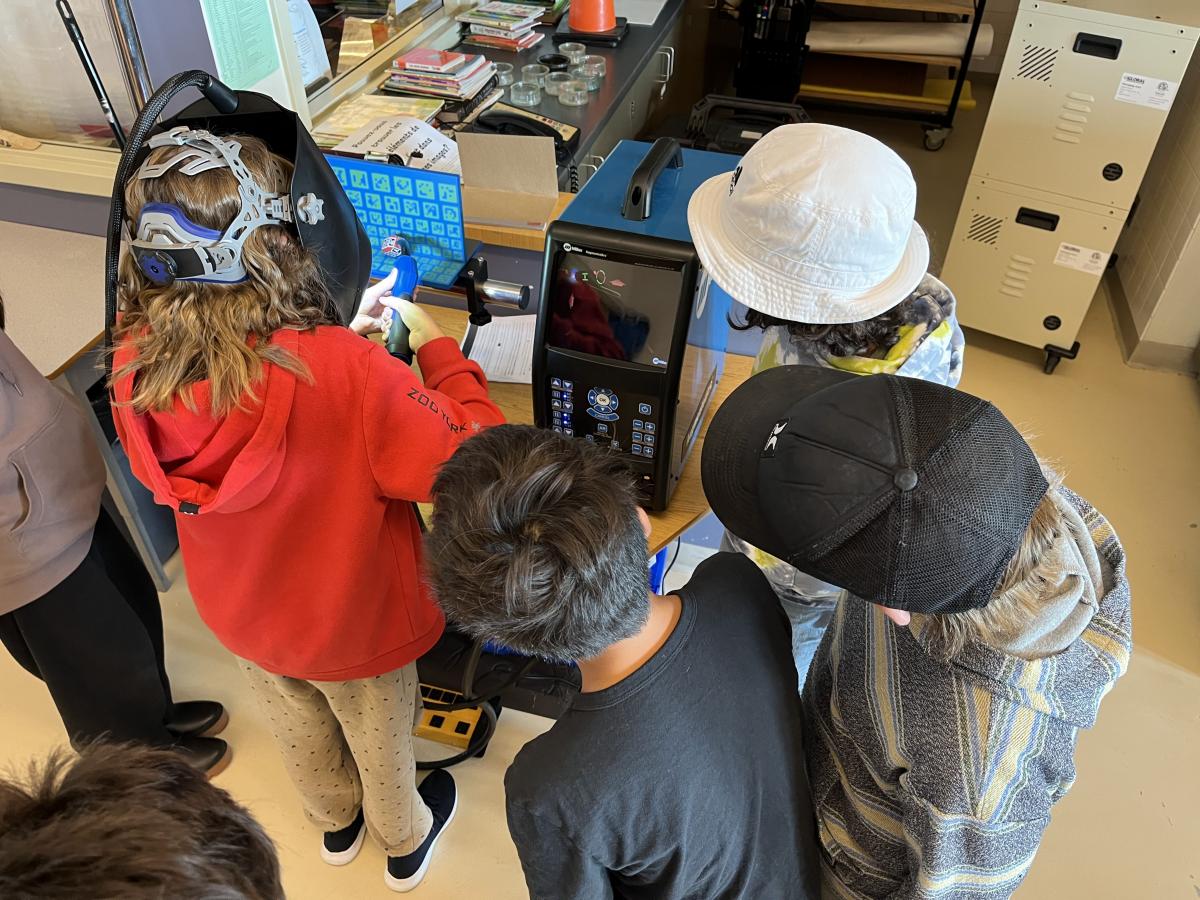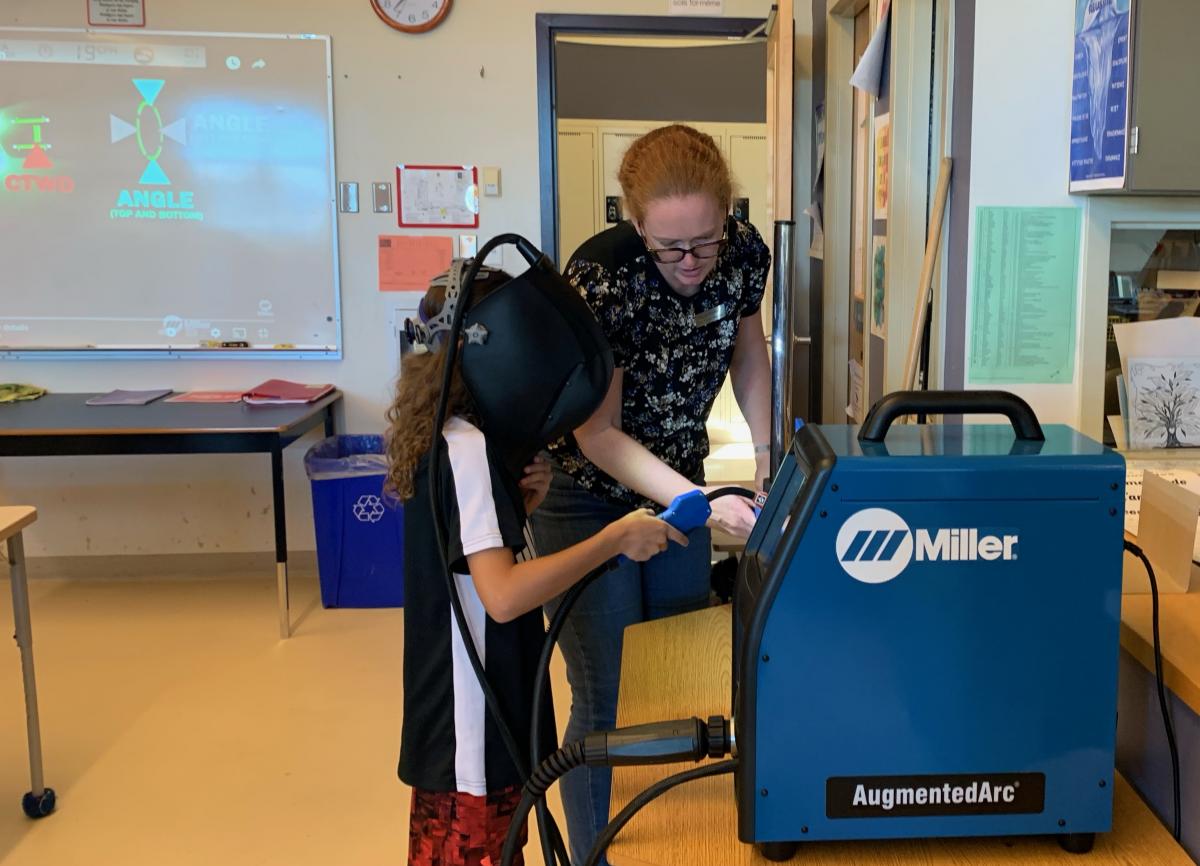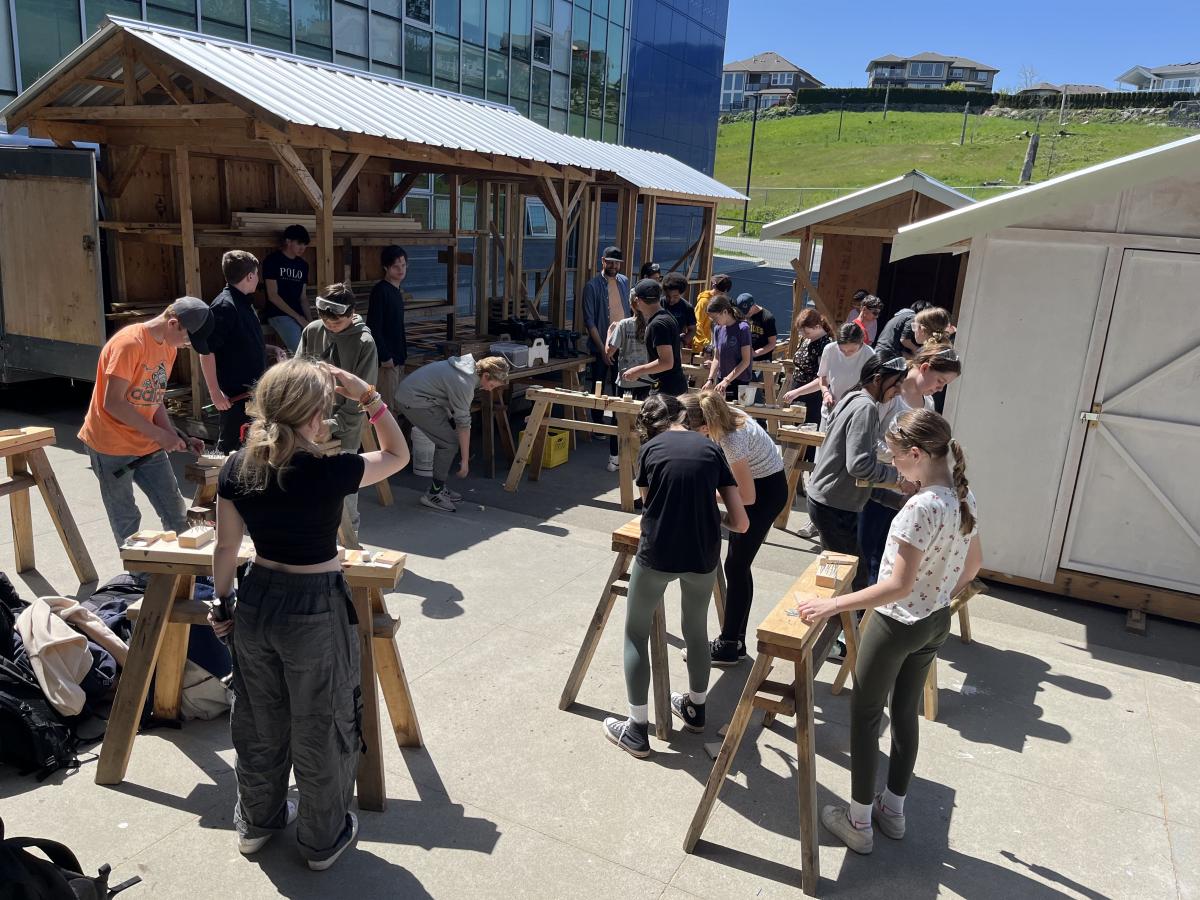Why Start Career Education Early?
The Career Education curriculum empowers students to become successful, educated citizens by guiding them in managing their life journey toward meaningful and preferred future possibilities.
What the Research Shows
- Children begin forming career-related assumptions as early as age 5, often influenced by social norms and stereotypes and limited exposure.
- Early career-related learning improves understanding of core subjects, boosts confidence in school, and reinforces the idea that all careers are accessible to everyone—regardless of gender.
📚 Source: Education and Employers Research
Elementary (Kindergarten to Grade 5)
Career-life development at this stage focuses on:
- Building a sense of self
- Encouraging positive engagement with community
- Reflecting on learning and setting personal goals
Students begin to:
- Recognize their interests and strengths
- Understand the roles of family, school, and community in lifelong learning
Middle Years (Grades 6–8)
Students deepen their career-life development by:
- Reflecting on personal growth and competencies
- Exploring identity, leadership, and transferable skills
- Engaging in goal-setting and self-assessment
They also begin to access:
- Diverse experiential learning opportunities
- Support from family, mentors, and community networks
